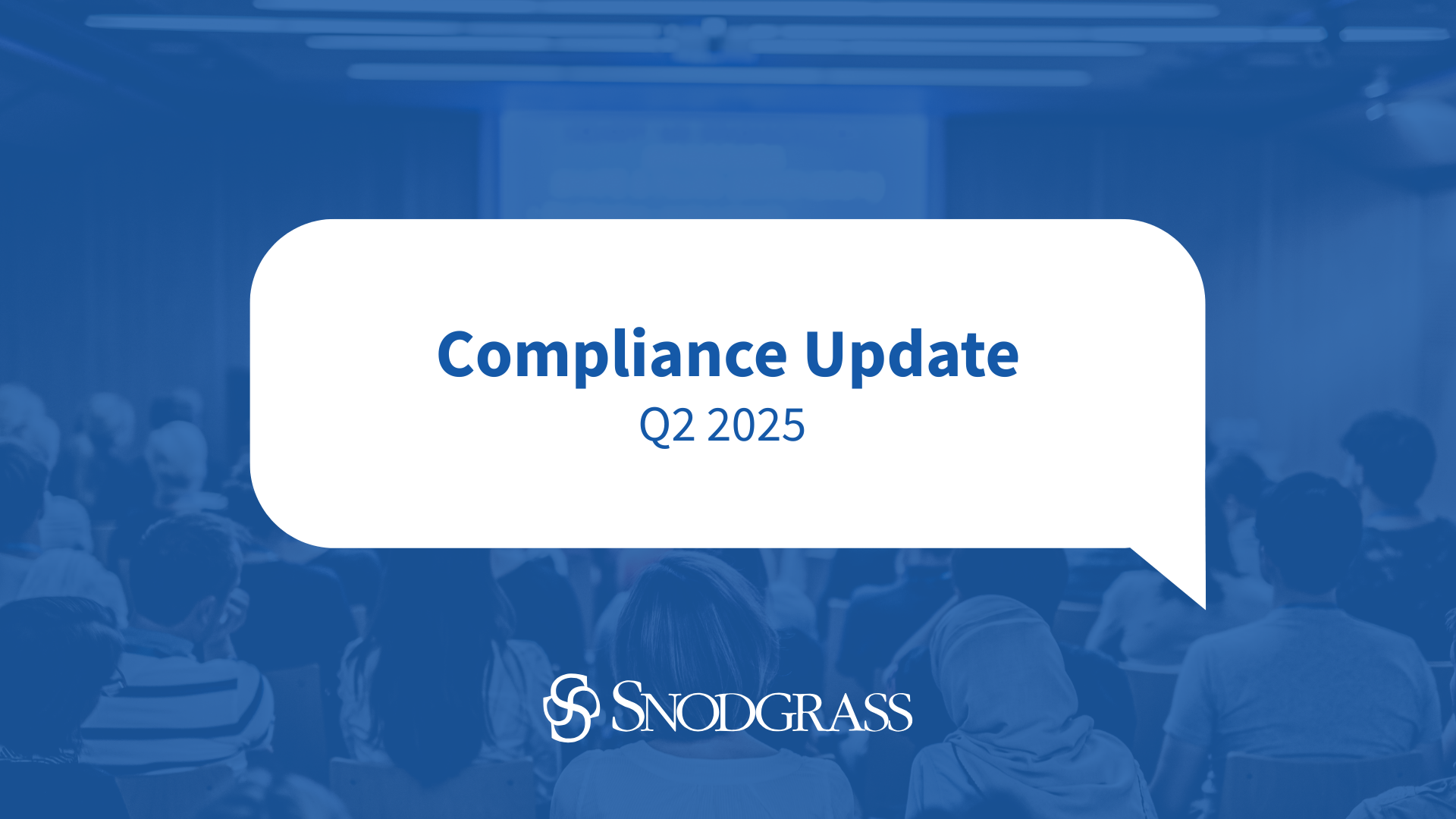The Coronavirus Aid, Relief, and Economic Security Act (CARES Act) was designed to offer some economic relief to employers affected by the coronavirus pandemic. In order to provide liquidity and retain employees during this period, the CARES Act allows employers to delay the payment of the employer’s share of the Old-Age, Survivors, and Disability Insurance (Social Security) tax, which is 6.2 percent of wages up to the annual wage base ($137,700 in 2020), to a future date. The deferral also applies to 50 percent of the equivalent taxes incurred by self-employed persons.
This deferral only applies to taxes incurred from March 27 through December 31, 2020. Employers that opt to delay payment would need to deposit half of that delayed amount by December 31, 2021, and the other half by December 31, 2022.
One very important note: an employer is ineligible to defer paying its portion of the Social Security tax if it acquires a loan through the Paycheck Protection Program established by the CARES Act, for which all or part of the loan was or will be forgiven. Also, while all employers are eligible to take advantage of this deferral benefit, it is not clear at this time how this deferral benefit will work in tandem with other payroll tax benefits being provided, such as the Employee Retention Credit.
The CARES Act specifies that if an employer uses an agent to deposit employment taxes on its behalf and directs the agent to delay payments of the employer portion of the Social Security tax as allowed by the CARES Act, the employer, not the agent, is responsible for ensuring that the amounts of delayed tax are paid by the due dates. Therefore, any employer using a third-party payroll provider or agent should work with its payroll provider to implement this program. Note: each employer, not its agent, is responsible for determining its eligibility for this deferral.
The CARES Act also specifies that if an employer is a customer of a certified professional employer organization (CPEO) or professional employer organization (PEO) and the employer directs the CPEO or PEO to defer payments of the employer portion of the Social Security tax as allowed by the CARES Act, the employer, not the CPEO or PEO, is responsible for ensuring that the amounts of delayed tax due are paid by the delayed due dates.
The deferral does not apply to the employee’s share of the Social Security tax, the employee’s or employer’s share of Medicare tax, or to the additional Medicare tax imposed on employees with Medicare wages in excess of $200,000. In addition, filing deadlines for reporting the employee and employer portions of Social Security and Medicare taxes have not been delayed by the CARES Act.
If you wish to discuss any of the matters in this update in more detail, please contact Chuck Marston, Rich Pacella, or Danelle Stewart at cmarston@srsnodgrass.com, rpacella@srsnodgrass.com, or dstewart@srsnodgrass.com, or 724-934-0344.
Posted 4/8/20



